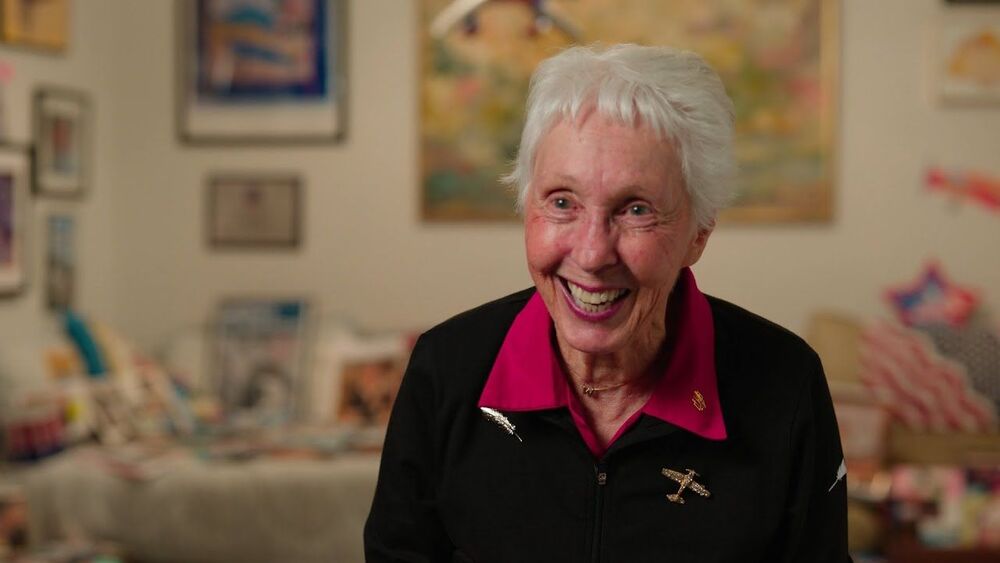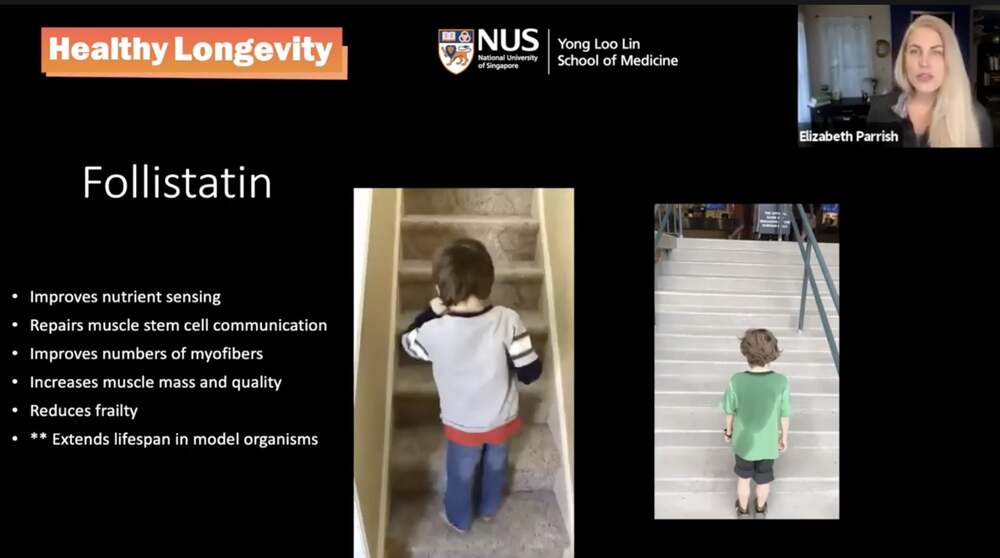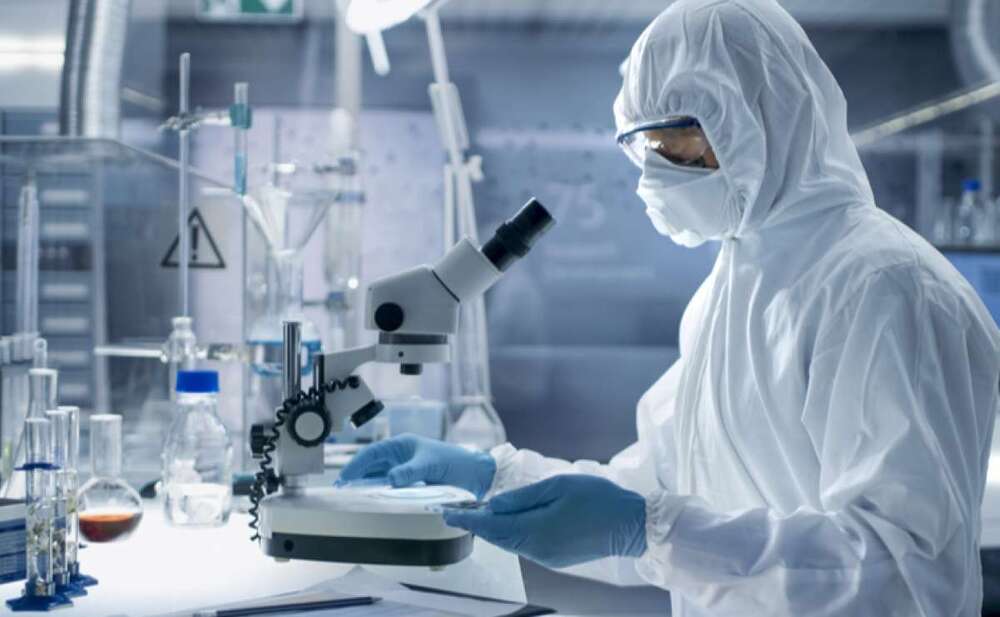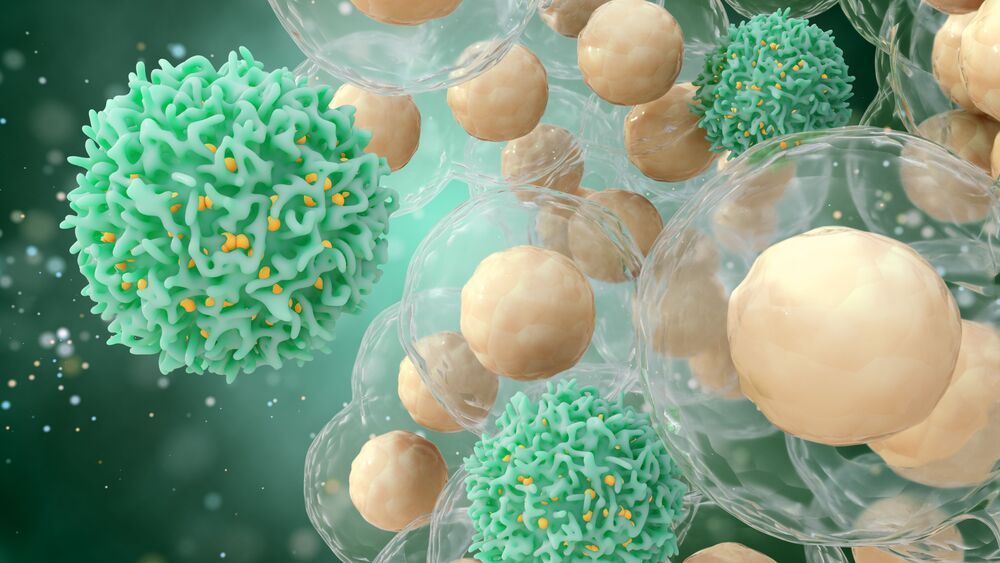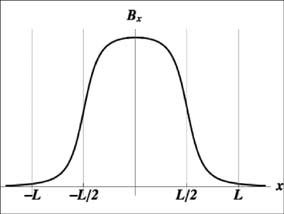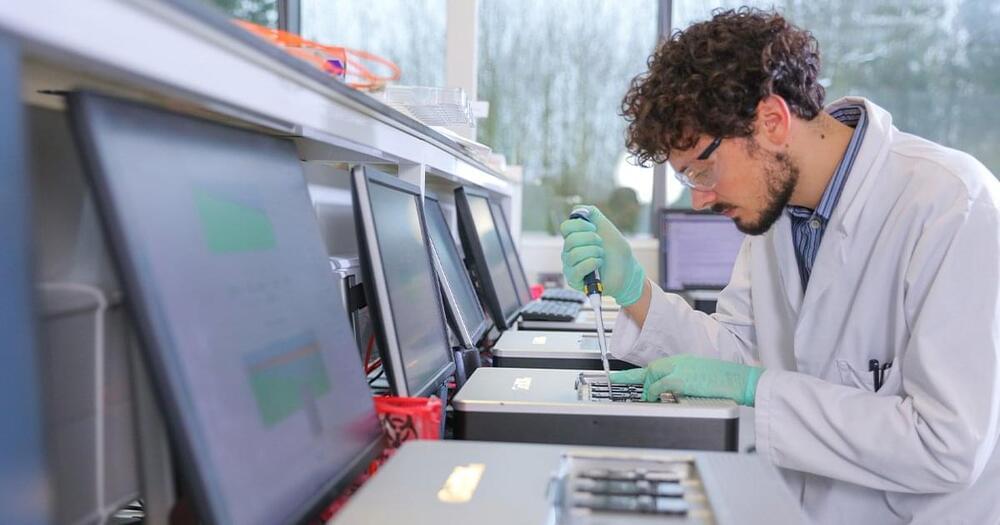Jul 1, 2021
Throwing an “Axion Bomb” Into a Black Hole Could Break a Fundamental Law of Physics
Posted by Quinn Sena in categories: cosmology, physics
New research shows how the fundamental law of conservation of charge could break down near a black hole.
Singularities, such as those at the centre of black holes, where density becomes infinite, are often said to be places where physics ‘breaks down’. However, this doesn’t mean that ‘anything’ could happen, and physicists are interested in which laws could break down, and how.
Now, a research team from Imperial College London, the Cockcroft Institute and Lancaster University have proposed a way that singularities could violate the law of conservation of charge. Their theory is published in Annalen der Physik.

